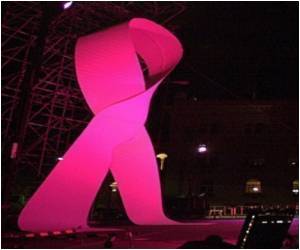New study has shed light on the fact that the longevity protein SIRT1 can inhibit the development of a known precursor to prostate cancer.

The study by researchers from the Kimmel Cancer Center at Jefferson and two other institutions found that deletion of the Sirt1 gene, known for its life-spanning effects, in mice resulted in PIN lesion formation associated with reduced autophagy, which is the necessary degradation of a cell's own components and most likely essential for tumor suppression.
"And these results provide a direct link for the first time between the onset of prostate cancer and the Sirt1 gene that regulate aging," Richard G. Pestell, Director, Kimmel Cancer Center and Chairman of Cancer Biology at Thomas Jefferson University, said.
The results suggest that the Sirt1 gene promotes autophagy and further highlight the role of the protein SIRT1 (the human homologue of the yeast Silent Information Regulator 2 (Sir2) gene) as a tumor suppressor in the prostate.
According to Pestell, "if you inactivate this gene, then you get the prostate cancer precursor, known as PIN. So it tells you that this 'longevity' gene is normally blocking prostate cancer."
Pestell's laboratory carried out a genome-wide microarray, pathway analysis and histology on Sirt1 positive and negative transgenic mice and littermate controls.
Advertisement
The study has been published in the issue of Cancer Research. (ANI)
Advertisement




![Prostate Specific Antigen [PSA] Prostate Specific Antigen [PSA]](https://www.medindia.net/images/common/patientinfo/120_100/prostate-specific-antigen.jpg)







